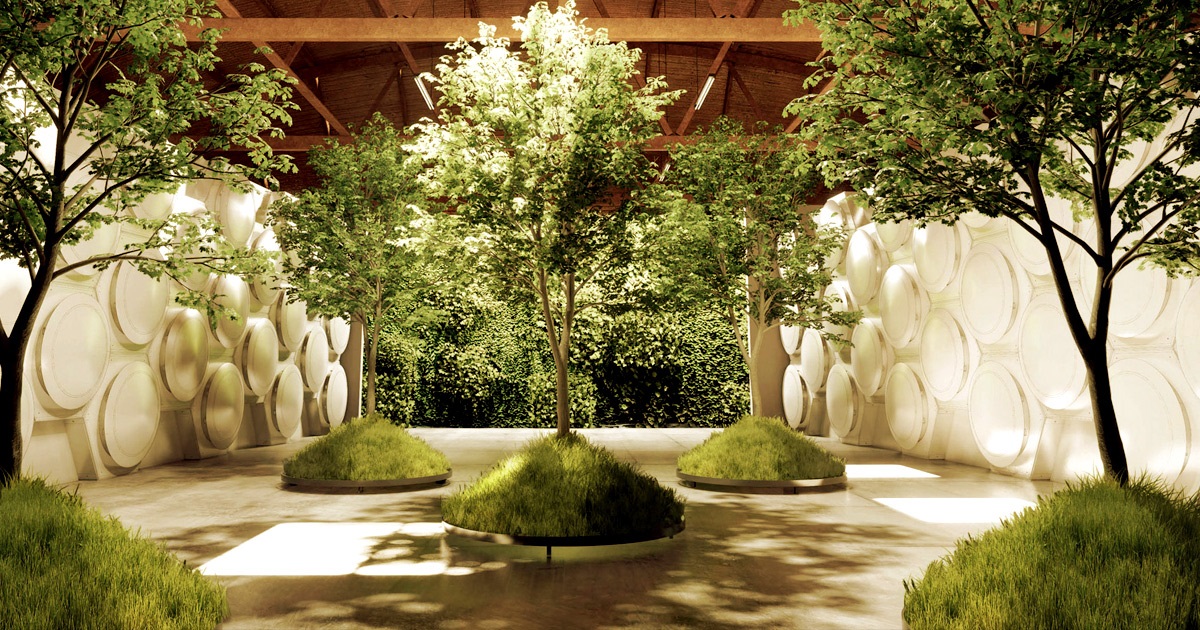When it comes to how to plan a funeral, human composting offers several advantages for funeral planning in terms of environmental considerations:
- Reduced Environmental Impact:
- Conservation of Natural Resources: Human composting minimizes the use of natural resources by avoiding the need for embalming fluids, metal caskets, and concrete vaults. This reduces the environmental impact associated with traditional burial practices and helps conserve natural resources such as wood, metal, and concrete.
- Lower Carbon Footprint: Human composting has a lower carbon footprint compared to traditional burial and cremation methods. By avoiding the energy-intensive processes and carbon emissions associated with cremation, human composting helps mitigate climate change and reduce greenhouse gas emissions.
- Promotion of Soil Health:
- Nutrient-Rich Compost: Human composting returns organic matter to the earth in the form of nutrient-rich compost. This compost enriches the soil, improves soil structure, and promotes the growth of native plants and vegetation.
- Soil Enrichment and Regeneration: The decomposition of human remains through composting replenishes the soil with essential nutrients, promoting soil health and supporting regenerative land use practices. This helps create healthy and sustainable ecosystems that are resilient to environmental stressors.
- Conservation of Natural Landscapes:
- Preservation of Natural Habitats: Human composting allows individuals to be laid to rest in natural burial sites, such as conservation areas, forests, or meadows. These natural landscapes provide valuable habitat for native plants and wildlife, supporting biodiversity and ecological diversity.
- Integration with the Environment: Human composting sites blend harmoniously with the natural landscape, preserving the natural beauty of the environment and enhancing its ecological value. Instead of conventional headstones and grave markers, human composting sites often use natural markers such as native plants, trees, or engraved stones.
- Reduction of Waste:
- Minimized Waste Generation: Human composting minimizes waste generation by using biodegradable materials such as wooden caskets, shrouds, and urns. This reduces the amount of waste that ends up in landfills and helps conserve valuable landfill space.
- Closed-Loop System: Human composting creates a closed-loop system where organic matter is recycled back into the earth, completing the natural nutrient cycle. The compost produced through human composting can be used to enrich soil, promote plant growth, and support a healthy and sustainable ecosystem.
Overall, human composting is an environmentally friendly alternative to traditional burial and cremation methods, offering numerous benefits for funeral planning in terms of environmental considerations. By choosing human composting, individuals and their families can make environmentally responsible end-of-life arrangements that support sustainability, conservation, and regenerative land use practices.
How Does Human Composting Help Simplify Funeral Planning?
Human composting simplifies funeral planning in several ways:
- Streamlined Process:
- Simplified Arrangements: Human composting offers a streamlined and simplified alternative to traditional burial and cremation methods. The process typically involves fewer steps and requirements, making it easier for individuals and their families to make end-of-life arrangements.
- One-Stop Service: Many providers of human composting services offer comprehensive end-of-life planning services, including assistance with paperwork, permits, and other logistical details. This one-stop service helps simplify the funeral planning process and reduces the burden on grieving families.
- Reduced Complexity:
- Elimination of Embalming: Human composting eliminates the need for embalming, which is a complex and costly process involving the use of chemicals such as formaldehyde. By avoiding embalming, individuals and their families can simplify the funeral planning process and reduce associated costs.
- No Need for Expensive Caskets: Human composting eliminates the need for expensive caskets, which can be a significant cost factor in traditional burial methods. Instead of purchasing a costly casket, individuals undergoing human composting can be placed in a simple, biodegradable container or shroud.
- Flexible Options:
- Customized Services: Human composting offers flexible options for end-of-life arrangements, allowing individuals and their families to customize their funeral plans according to their personal preferences, values, and beliefs. From choosing a specific location for composting to selecting personalized memorial markers or tributes, human composting provides a range of options for customization.
- Transparent Pricing: Many providers of human composting services offer transparent pricing and package options, allowing individuals to understand the cost of the service upfront and choose an option that fits their budget. This transparency helps simplify the funeral planning process and ensures that there are no hidden costs or unexpected expenses.
- Minimal Logistics:
- Fewer Requirements: Human composting typically involves fewer logistical requirements compared to traditional burial and cremation methods. There is no need for embalming, expensive caskets, or cemetery plots, simplifying the process and reducing the time and effort required for funeral planning.
- Comprehensive Support: Many providers of human composting services offer comprehensive support throughout the funeral planning process, including assistance with paperwork, permits, and other logistical details. This support helps simplify the process and ensures that everything is handled smoothly and efficiently.
Overall, human composting simplifies funeral planning by offering a streamlined process, reducing complexity, providing flexible options, and minimizing logistical requirements. By choosing human composting, individuals and their families can make end-of-life arrangements that are simple, personalized, and environmentally friendly.



